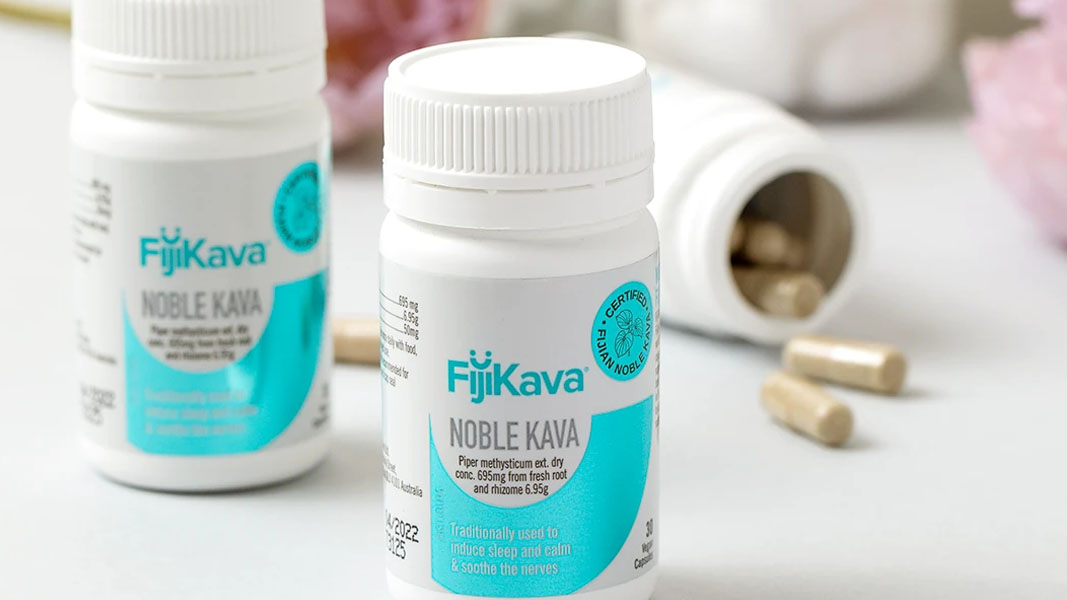The first time you drank beer, you probably thought it tasted like crap. But since that day, the amount of money you have spent on beer is probably insane for a drink you weren’t too keen on at the start. If you’ve been lucky enough to have travelled to Fiji, you probably had that same feeling when you first tasted kava but from 1 December 2021, many more Australians will undergo that experience on home soil in what is a milestone win for FijiKava (ASX: FIJ).
As of December, the ban on commercial importation of drinking kava will be lifted in a move first flagged by Prime Minister Scott Morrison in 2019.
Kava is a drink native to the Pacific Islands, notably Fiji, derived from kava roots. Like beer, drinking kava has sedative effects on the body without any presence of alcohol. Also like beer, it is very bitter in taste and has primarily been used in Australia in powdered form as a medicinal treatment for anxiety.
In 2007, Kava (Piper mysticum) was classified as a prohibited import substance in Australia in response to concerns that the abuse of kava was contributing to negative health and social outcomes in some indigenous communities.
With the lifting of the ban 14 years after it was first put in place, FijiKava is already taking pre-orders from its website. While in place, the ban has had a negative cultural impact on Pacific Island communities, many of which had grown up with kava as a family staple where it acted as a vital natural medicine in regions without access to Western alternatives.
“Estimates of the economic impact in the Pacific due to the drinking kava ban in Australia in 2007 range from $10 – $30 million dollars per annum,” said FijiKava CEO, Anthony Noble.
“The Morrison Government’s decision to reverse this ban will deliver immediate benefits to these economies that exceed those losses, since the number of Fijian and Pacific Island diaspora in Australia has grown significantly since then.”
Key to the lifting of the import ban on drinking kava is work that has gone into regulation and safe consumption standards. This has been driven by the Codex Alimentarius Commission which last year specified in its recommendations that only Noble Kava varieties be used, and mandating water-based processes for producing kava beverages.
This requirement of only products imported derived from Noble Kava varieties follows similar international mandates to ensure product quality with its organic ingredients. Within Australia’s eased guidelines for drinking kava products, imports must only utilise the safest and most effective subset of Noble Fijian Kava varieties processed in HACCP accredited facilities.
“At Fiji Kava, we have based our production technology and processes on these high standards, and we operate a certified organic, HACCP accredited supply chain, only utilising the safest and most effective subset of Noble Fijian Kava varieties,” said Noble.
Consumers have already commenced pre-orders of FijiKava and Taki Mai drinking kava from FijiKava’s online store where their imported products will have a Certified Noble Kava seal.
For the Quarter ended 30 September 2021, FijiKava generated $420k in sales revenue which represented a 150% increase on the previous corresponding period. Sales were boosted from deals struck with Coles and Chemist Warehouse for the distribution of their medicinal kava capsules.
The reintroduction of kava drinks in Australia is part of the Morrison Government’s initiatives to improve trade and cultural ties in the Pacific.
- Harris Technology to expand refurbished tech division amid rising demand from cost-conscious Australians - April 30, 2025
- Harris Technology secures major investment from Taiwan’s FSP Technology at 100% premium - March 10, 2025
- ARC Funds acquires 30% of auzbiz Capital as latest direct-to-investor marketing venture - October 8, 2024













Leave a Comment
You must be logged in to post a comment.